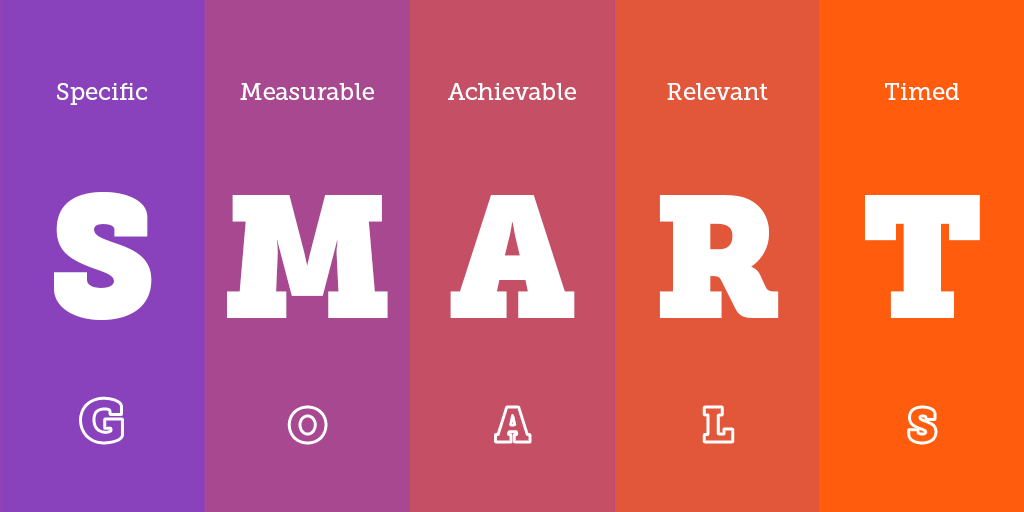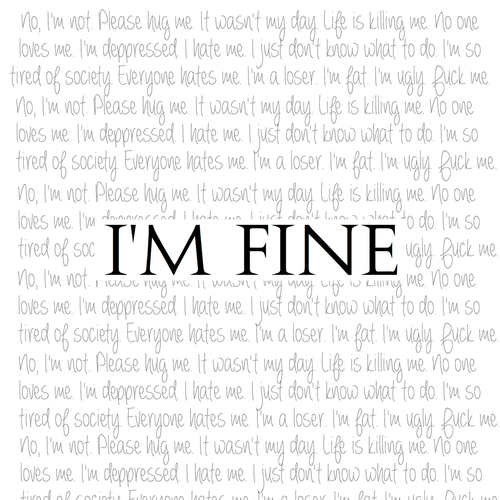Recently I watched a commencement speech given by Admiral William H. McRaven, a retired U.S Navy Seal, in 2014 to the graduating class at the University of Texas. I was so intrigued listening to his speech which recounted 10 lessons he learned from his 6 months of grueling, demanding, tiring and debilitating Navy Seal training. These 10 lessons not only apply to life as a Navy Seal, but it equally applies to the challenges that each and every one of us endure as human beings living in an uncertain world.
After giving his speech in 2014, which went viral, Admiral William H. McRaven decided that he still had so much more to share with the world from his 37 year career as a U.S Navy Seal (which included the capturing of Saddam Hussein). He felt a responsibility to expand on how those 10 simple lessons helped shape his life and did so by publishing a book a few months ago titled “Make Your Bed”. It is a small but extremely powerful, compassionate and optimistic book that I was able to read with ease. It is subtitled “Little Things That Can Change Your Life…And Maybe The World”. That for me was what caught my eye as I am always looking for inspirational and relevant words that pertain to my life.
Each of the 10 chapters recounts stories of perseverance, suffering, determination, courage and humbleness. Even through all of the hardships he endured, he still finds a way to motivate and captivate his readers with his knowledge and experience. He reminds us that life is not meant to be attempted alone, that we all need a strong team behind us, cheering us on and picking up the slack when times get tough. He teaches us the importance of respect and to never ever caste judgement on others. He conveys to us that life is not always fair and that sometimes bad things do happen to good people. He proves to us that failure IS an option and it will only help build character and strength. He shows us that we all must take risks in order to get through the toughest obstacles that may be standing in our way. He tells us to never back down from our fears, that it is better to face them straight on in order to find the courage to move forward. He emphasizes that no matter what darkness may be thrown our way at some point in our lives, and it will, make sure to find the hopefulness and power within us to never ever give up.
The title “Make Your Bed” which is in turn, the first chapter of the book is also the foundation for which all the other chapters are built on. How many times as a child did your parents tell you to make your bed, and how many times as a parent yourself have you mimicked those words to your own children. My kids can attest to this as I am constantly bugging them to complete this task, but I am continually let down in my efforts.
The Admiral drills into his reader’s heads how important it is to accomplish this task, no matter how small or senseless it may seem to many it can actually change the way you approach your day. He believes that if you want to change your life or conquer the world, it starts by completing this task first thing every morning, igniting a positive tone for what challenges may be thrown your way that day. It helps lay to rest the struggles you may have encountered the day before, giving you fresh opportunities to face another day productively and ensure you complete many more tasks throughout your day. As silly as it may seem, developing this good habit can also help reduce your stress level and de-clutter your mind, as when you walk into your room with a well made bed the aura of cleanliness will always make you smile and not to mention the satisfaction you feel when you get back into your tidy bed at the end of the day. Lastly, by completing this simple task at the start of every day can help to reinforce the importance that its the little things in life that truly matter and who in this world doesn’t need a healthy dose of that. I for one do, and from now on, the start of every day (whatever time that may be), I will be completing this task, maybe with hospital corners and all…and maybe just maybe, it will inspire my kids to follow…ya right, who am I kidding?
*I encourage everyone to watch Admiral William H. McRaven’s commencement speech on YouTube…or read his book!*









